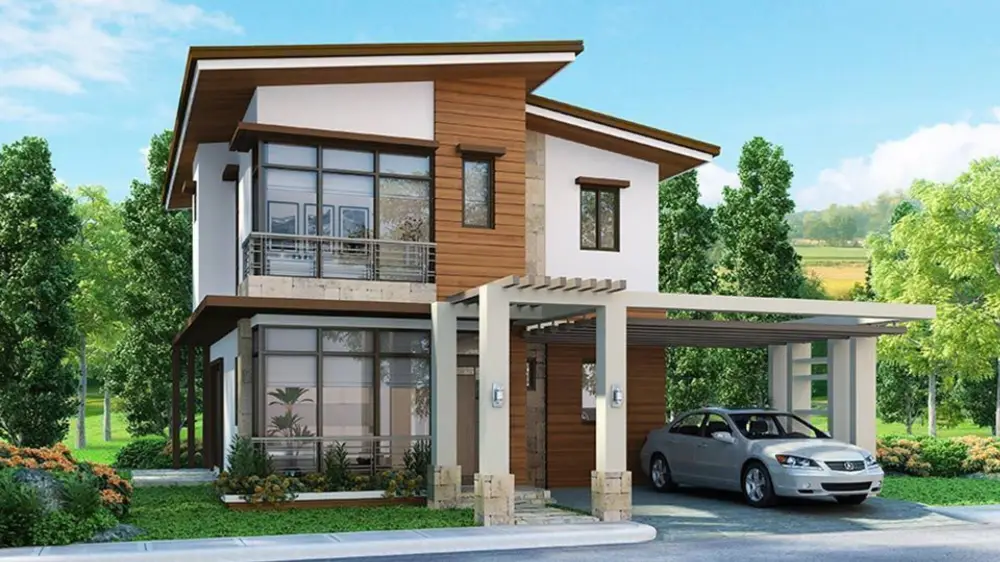Investing in real estate is a significant financial decision, and identifying a high-value property can make all the difference in ensuring a worthwhile investment. A booming real estate market in the Philippines offers diverse opportunities for homeowners, investors, and entrepreneurs. From urban developments to suburban retreats, high-value properties share distinct features that set them apart regarding desirability, functionality, and return on investment. Whether you’re purchasing your dream home, planning to generate rental income, or building a portfolio, understanding the key features of a high-value property is crucial.
Prime Location
A property’s location is key to its value, influencing convenience, safety, and future appreciation. High-value properties are often in urban hubs like Metro Manila, Cebu, and Davao, offering easy access to work and amenities, though at a premium—suburban areas like Lipa and Sta. Rosa balances affordability with accessibility, ideal for families and retirees. Properties near planned infrastructure projects like highways or airports see significant growth potential. Proximity to schools, hospitals, and parks increases desirability, while safety features like gated communities add appeal.
Strong Market Demand
High-value properties are typically located in areas with strong demand for residential or commercial spaces. Business districts attract professionals and businesses, ensuring high rental yields due to consistent demand for housing. Tourist hotspots offer opportunities for short-term rental income, with properties in the hospitality sector commanding premium values. Emerging growth areas, marked by population growth, economic activity, and expanding infrastructure, offer properties with lower initial prices but significant potential for appreciation.
High-Quality Construction and Design
A property’s construction quality and design are crucial to its value and durability. High-value properties feature solid foundations, durable materials, and quality artistry that meet local building codes and withstand environmental challenges. Modern design elements, like efficient layouts and large windows, enhance the appeal, while eco-friendly features, such as solar panels and LED lighting, reduce utility costs. Premium amenities, including landscaped gardens, swimming pools, gyms, and smart home technology, elevate a property’s functionality and lifestyle appeal, making it a more attractive investment.
Clear Legal Documentation
A property’s legal and technical aspects are critical in determining its value and ensuring a smooth transaction. High-value properties must have clean and complete documentation to avoid disputes or delays. A clean title, verified with the Registry of Deeds, ensures the property is free from encumbrances, liens, or conflicts—an essential feature for any valuable investment. Property taxes should also be up-to-date, as unpaid taxes can complicate ownership transfers and increase financial burdens. Compliance with local zoning laws is another key factor, as the property must align with its intended use, whether residential, commercial, or mixed-use. Additionally, high-value properties often include detailed inspection reports confirming structural integrity, electrical safety, and plumbing quality, providing buyers with confidence in the property’s overall condition and reliability.
Investment Potential
High-value properties provide both comfort and strong investment potential, making them appealing choices for buyers. To gauge their value, start by researching historical and projected appreciation trends in the area, as properties in regions with consistent value growth are typically safer investments. If leasing is the goal, assess the property’s rental yield, with locations near universities, business hubs, or tourist attractions often ensuring steady demand and competitive rates. Additionally, properties with flexible designs, such as shophomes or mixed-use developments, offer adaptability for various purposes, further enhancing their long-term value and appeal.
Developer Credibility
When purchasing from a developer, their track record is a reliable indicator of the property’s quality and future value. Start by visiting the developer’s completed projects to evaluate build quality, timely delivery, and homeowner satisfaction. Industry recognition, such as accreditation from organizations like the Subdivision and Housing Developers Association (SHDA), signals reliability and adherence to standards. Additionally, customer reviews provide valuable insights into buyer satisfaction and the developer’s ability to deliver on their promises, making it easier to gauge whether they consistently offer high-value properties.
Community and Lifestyle Features
A high-value property goes beyond providing a home; it delivers a lifestyle. Properties in master-planned communities often include integrated features such as parks, retail spaces, and recreational facilities, enhancing convenience and overall quality of life. Exclusive lifestyle amenities like clubhouses, sports facilities, and event spaces further add to a property’s appeal. Additionally, proximity to cultural landmarks, scenic views, or natural parks increases desirability, particularly for individuals seeking a harmonious blend of urban convenience and nature’s tranquility.
Maintenance and Management
Proper maintenance is essential for a high-value property to retain its worth. Properties in condominiums or gated communities often benefit from dedicated management teams that handle repairs, landscaping, and security, ensuring the property stays in excellent condition. Reasonable and transparent association dues indicate a well-managed property, which should cover essential services effectively. Consistent upkeep also boosts resale potential, making the property more appealing to buyers and capable of commanding higher prices.
Accessibility and Connectivity
A property’s accessibility and connectivity are crucial to its value and practicality. Proximity to public transportation hubs like bus stops, train stations, or terminals ensures convenience for residents and tenants. Properties near major roads and expressways offer better connectivity to key areas, reducing travel time and enhancing their appeal. Additionally, modern infrastructure supporting reliable internet and mobile network coverage is a hallmark of high-value properties, meeting the demands of today’s digitally connected lifestyles.
Resilience to Natural Disasters
In the Philippines, where natural disasters like typhoons, earthquakes, and flooding are common, resilience is crucial in determining a property’s value. Look for properties situated in flood-free zones, ideally built on elevated land or within flood-controlled developments. Ensure the property follows earthquake-resistant design standards, particularly in high-risk areas, to safeguard against seismic activity. Additionally, properties located in well-planned developments often incorporate emergency preparedness features, such as accessible evacuation routes, fire safety systems, and reinforced structures, enhancing their long-term durability and appeal.
Spotting a high-value property in the Philippines requires a careful balance of research, inspection, and financial planning. You can identify properties that align with your goals and offer excellent returns by focusing on key features like location, market demand, construction quality, legal compliance, and investment potential. Whether you want to secure a family home, generate rental income, or expand your real estate portfolio, a high-value property ensures a secure and rewarding investment.
Ready to invest in high-value properties? Explore Hayan Realty’s premium listings and find the perfect property that fits your needs and investment goals. Contact us today to start your journey!

